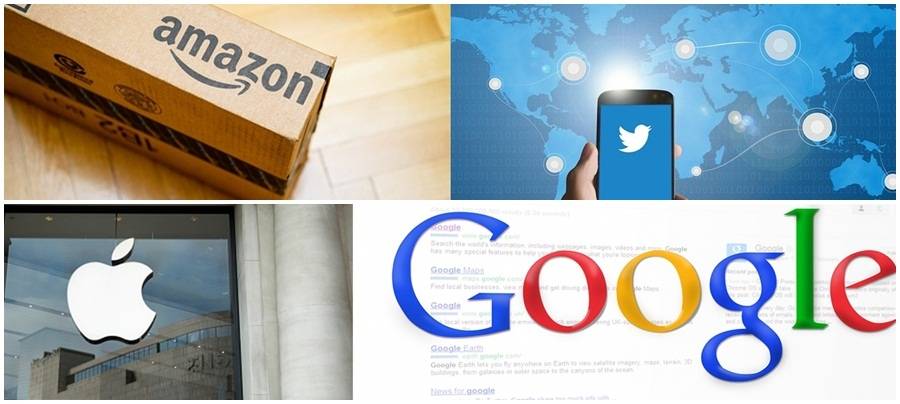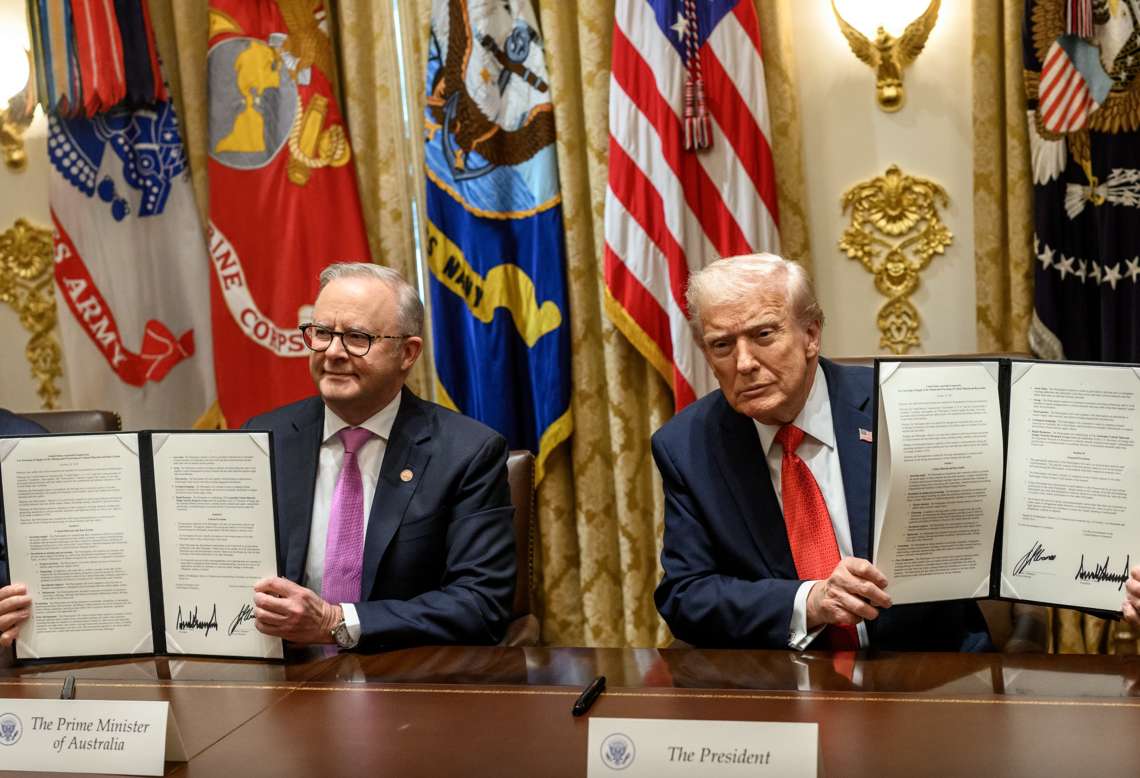These Big techs would be barred from behaviour like biasing search results in their favour, limiting rivals’ access to platform data, and using non-public data from customers to compete against them….reports Asian Lite News
The Senate Judiciary Committee in the US has approved a key antitrust reform that would ban Big Tech from favouring their own services and products over those of their rivals.
The American Innovation and Choice Online Act is a bipartisan bill spearheaded by Senators Amy Klobuchar (D-MN), Josh Hawley (R-MO) and Chuck Grassley (R-IA).
“I want to stress that this bill is not meant to break up Big Tech or destroy the products and services they offer. Rather, the goal of the bill is to prevent conduct that stifles competition, while ensuring that pro-consumer innovations and offerings are still available,” said Grassley.
The House Judiciary Committee had passed a similar bill last year but that bill has yet to receive a vote on the House floor and must be approved by both chambers of Congress before it heads to US President Joe Biden’s desk, reports The Verge.
The White House did not issue any statement on the bill.
However, the White House officials met leaders of companies that have criticised Big Tech in the past.
“Several participants described issues with large platforms both operating a marketplace and selling products on the marketplace, including concerns that the dominant platforms rank their own products and services above those of the independent sellers that rely on them to reach customers,’ the White House said in a statement late on Thursday.
“One company elaborated that this deprives consumers of the ability to find the products and services that best match their needs,” it added.
Earlier media reports this week claimed that tech giants are worried about the new antitrust legislation as Apple CEO Tim Cook and Alphabet CEO Sundar Pichai have been personally “calling and meeting with Senators,” urging them to oppose the mooted legislation.
It applies only to the biggest tech companies — Apple, Amazon, Facebook-owner Meta and Alphabet’s Google.
These platforms would be barred from behaviour like biasing search results in their favour, limiting rivals’ access to platform data, and using non-public data from customers to compete against them.














